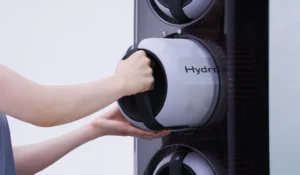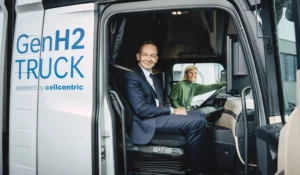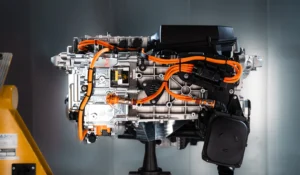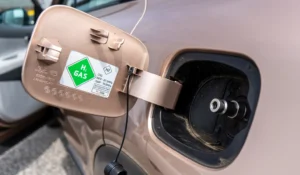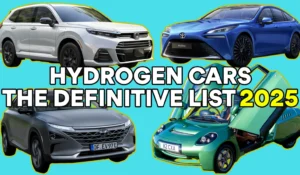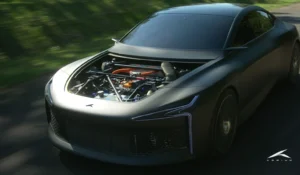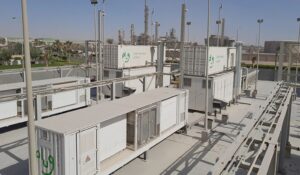Glickenhaus’ hydrogen pickup: Could this be the diesel killer?
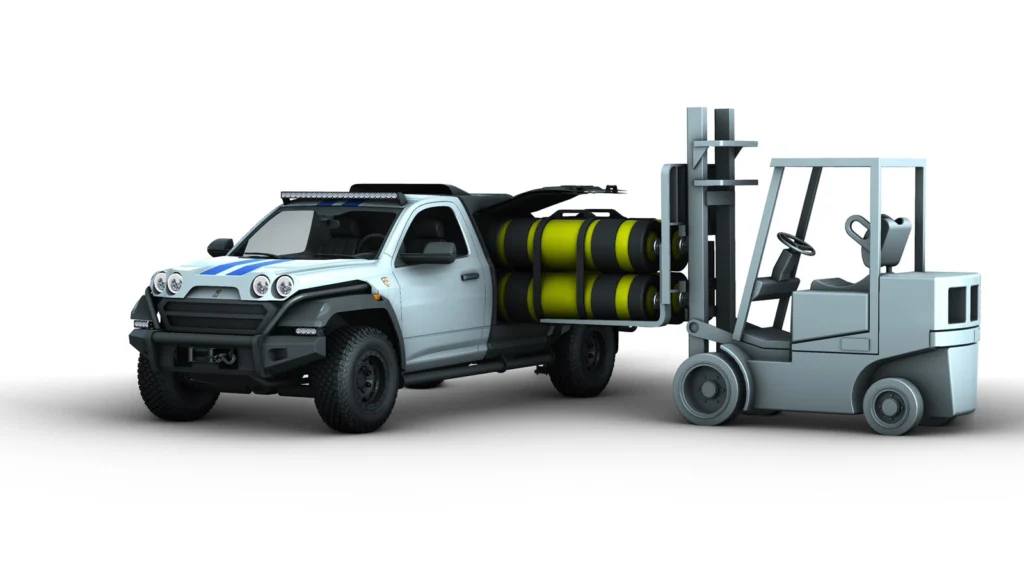
Scuderia Cameron Glickenhaus (SCG) has dropped an Instagram post that’s sparked curiosity in the automotive and hydrogen worlds.
A racing car manufacturer known for bold ideas and a knack for doing things a bit differently, Glickenhaus is teasing a hydrogen-powered pickup truck.
The claim being: diesel-like cost, diesel-like capacity, and diesel-like performance – with none of the black smoke.
Let’s unpack what we know, and more intriguingly, what we don’t.
The details (and the speculation)
Here’s what Glickenhaus laid out in their teaser:
- The hydrogen pickup will offer up to 800 miles of range.
- It will be available with either two or four doors, and bed lengths of six or eight feet.
- A swappable hydrogen tank system, designed for quick changes using a forklift or overhead crane, promises diesel-like convenience for refueling.
Oh, and there’s more. Glickenhaus plans to develop a compact, solar-powered hydrogen generator that could produce your own off-grid, decentralised hydrogen fuel directly from water.
How such a device would do such a thing on such a small scale is yet to be seen, but we will wait to see what the boffins at Glickenhaus come up with before passing judgement just yet.
But beyond these features, the post leaves us with more questions than answers. How will this truck perform under load? How scalable is the swappable tank system for widespread use?
And, perhaps the biggest question of all, can it truly go head-to-head with diesel pickups on cost?
Hydrogen trucks: The practical case
While battery-electric pickups like the Ford F-150 Lightning and Tesla Cybertruck dominate headlines, hydrogen’s appeal lies in its long range, quick refueling, and better payload capacity.
For industries like farming, law enforcement, and fleets – key markets Glickenhaus has explicitly mentioned – the downtime associated with charging BEVs can be a dealbreaker.
The swappable hydrogen tank system could be a game-changer. You would swap out empty tanks like camping gas canisters, keeping vehicles in constant motion.
The potential for military and emergency use is also clear – Glickenhaus hinted that the system is designed for airlifting and flatbed transport, perfect for remote operations where fuel logistics are a challenge.
Glickenhaus’ vision
If history is anything to go by, Glickenhaus doesn’t shy away from ambitious projects.
Their pedigree spans endurance racers to hydrogen-powered Baja Boots, and their approach blends engineering precision with a flair for innovation.
The promise of decentralised fuel production is particularly intriguing.
Solar-powered hydrogen generation would give operators independence from central refueling infrastructure, one of the hurdles for hydrogen adoption today.
But this also raises questions: How efficient would such a system be? Could it scale to meet demand? And how much would it cost upfront?
Speculative territory
Without official details, we’re left to connect the dots. Here’s where this truck could fit:
A fleet and workhorse solution:
The rugged two-door, long-bed version might cater to farmers, construction crews, and logistics operators – sectors where downtime costs money and practicality is king.
A military machine:
The mention of flatbed transport and airlifting could point to a truck that’s tailor-made for defense contracts, capable of operating in the harshest conditions with minimal support infrastructure.
A sustainable farming ute:
Paired with its solar hydrogen generator, the truck might appeal to off-grid farms looking for an emissions-free replacement for diesel.
The bigger picture
The hydrogen conversation often gets drowned out by the noise around BEVs, but Glickenhaus’ post reminds us that the race for sustainable transport is far from settled.
Hydrogen trucks like this one may not be the complete answer, but they offer the solution to fill a critical gap for applications where batteries fall short.
If Glickenhaus can deliver on its vision – a diesel rival that doesn’t compromise on performance, cost, or practicality – it can shift perceptions of hydrogen technology.
For now, we’ll be watching closely as the company moves toward testing its HFC 008 hydrogen tech in the coming weeks.

